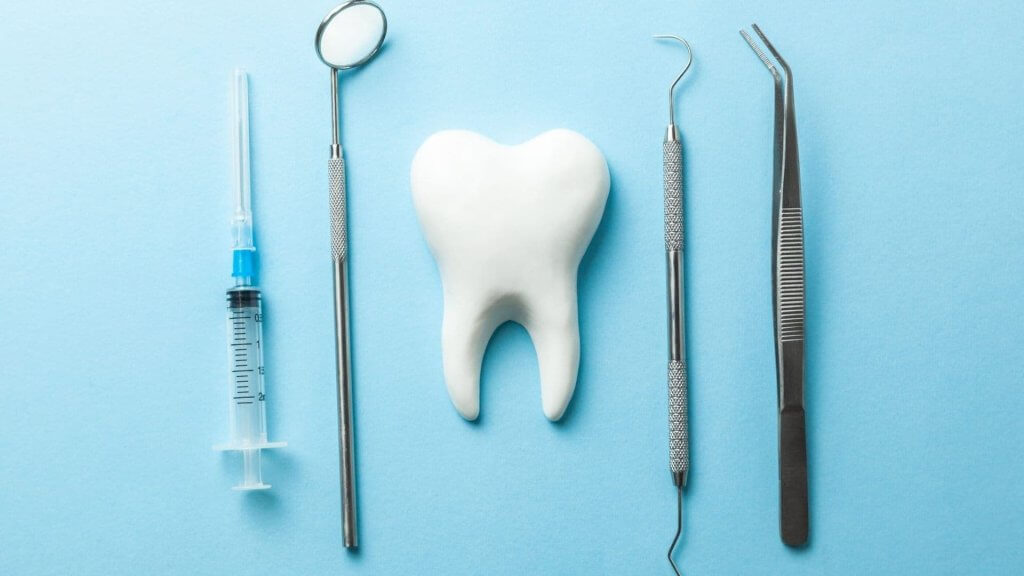
Dental coverage plans bring often-expensive tooth care within your financial reach. They can reduce the cost of everything from emergency tooth extractions to cosmetic procedures like teeth whitening. They can also help you save money for the long term by supporting oral health and helping you avoid major dental problems. They also offer important peace of mind that you and your family will always have access to the dental services you need. Depending on your needs, you may want to choose a plan that covers preventive visits to the dentist and other basic services at little or no cost, a mid-level plan that helps pay for other routine services or a full-coverage plan that covers a wide range of dental treatments at a higher premium. You might be able to find a dental plan through your employer, the federal marketplace, or another source. Whether you get coverage through your employer or the marketplace, it typically includes a monthly fee (premium) and coinsurance, deductibles, and annual limits that will affect how much you will pay for the insurance.
Many people with dental insurance choose an indemnity or traditional plan. These plans reimburse patients for the amount billed to them by their dentists rather than paying a fixed rate. Capitation programs, on the other hand, pay contracted dentists a fixed sum per enrolled patient or family. This amount is less than a patient’s actual charges, but ensuring you have access to the services you need may be worth it. Some companies offer point-of-service options, which allow patients to select out-of-network providers. These arrangements are usually more expensive than those with in-network options, but they can give you access to a wider network of doctors and specialists.
They can also save you money on other medical expenses in the long run by preventing serious health issues that arise from poor oral health. For example, some plans cover X-rays, fluoride treatments, and other preventive measures for free, which can help you keep your teeth healthy and avoid costly dental work in the future.

How to Choose the Best Dental Coverage Plan?
The best dental plans cover preventive care, such as checkups and cleanings, but they also offer coverage for more expensive procedures you may need. These are things like implants, bridges, crowns, and dentures. You should never put off these important services, which can be costly and lead to serious oral health problems down the line. The most affordable plans usually have low deductibles and copays. They also have annual maximums, which limit the amount of money you’ll have to pay out-of-pocket in a year.
- Delta Dental is one of the largest insurance providers in the country, and it offers a range of dental plan options to fit any budget. Its plans are available in all states and territories, and the company has over 152,000 network dentists.
- Humana is another insurance company with a wide network of dentists nationwide. Their dental insurance plans are budget-friendly, and they regularly offer discounts to customers when they see in-network providers.
- The Anthem Blue Cross and Blue Shield Association is a large insurer that covers 42 million people in 14 states. Its insurance plans come with a wide network of participating dentists, and members have access to a variety of digital tools that can help them make informed decisions about their care.
There are several different types of dental plans, including indemnity, HMO, and PPO plans. There are also fee-for-service plans, which let you choose your own dentist and pay a flat rate for all covered services. Depending on your needs, you’ll want to consider a plan that has a network of participating dentists, so you can use a dental office near your home or work. This will reduce your out-of-pocket costs and help you avoid the stress of waiting for a specialist appointment or paying the bill from an unlisted provider. You’ll also want to think about the size and scope of a plan’s provider network, as this can have an impact on your out-of-pocket costs. The larger the network, the more likely you are to find a dentist who accepts your plan and is willing to negotiate discounted fees for their patients.